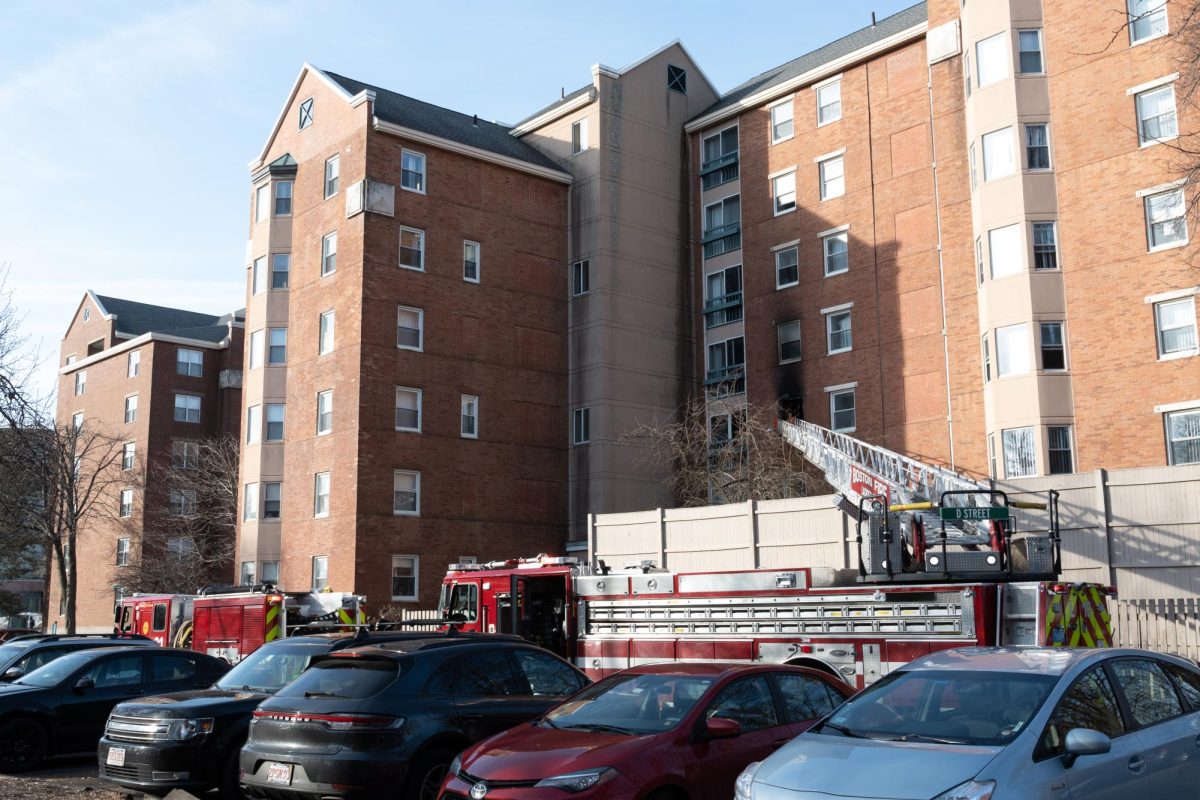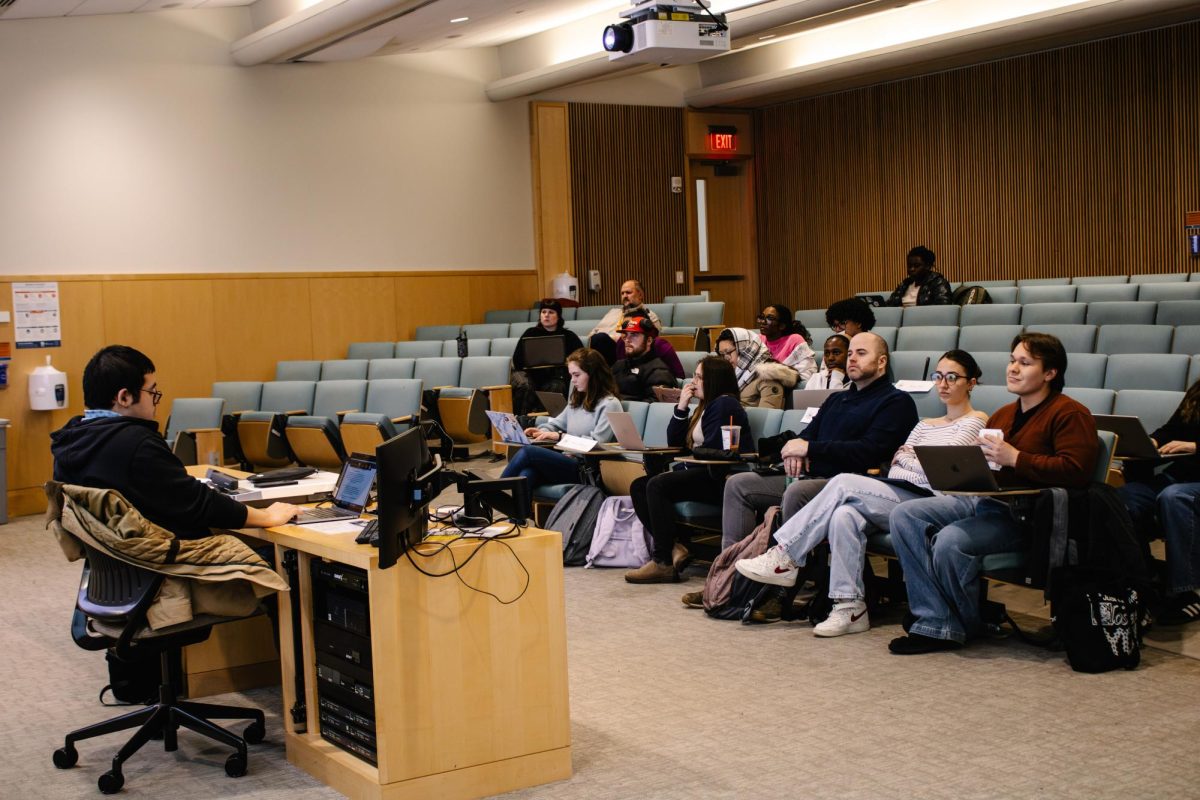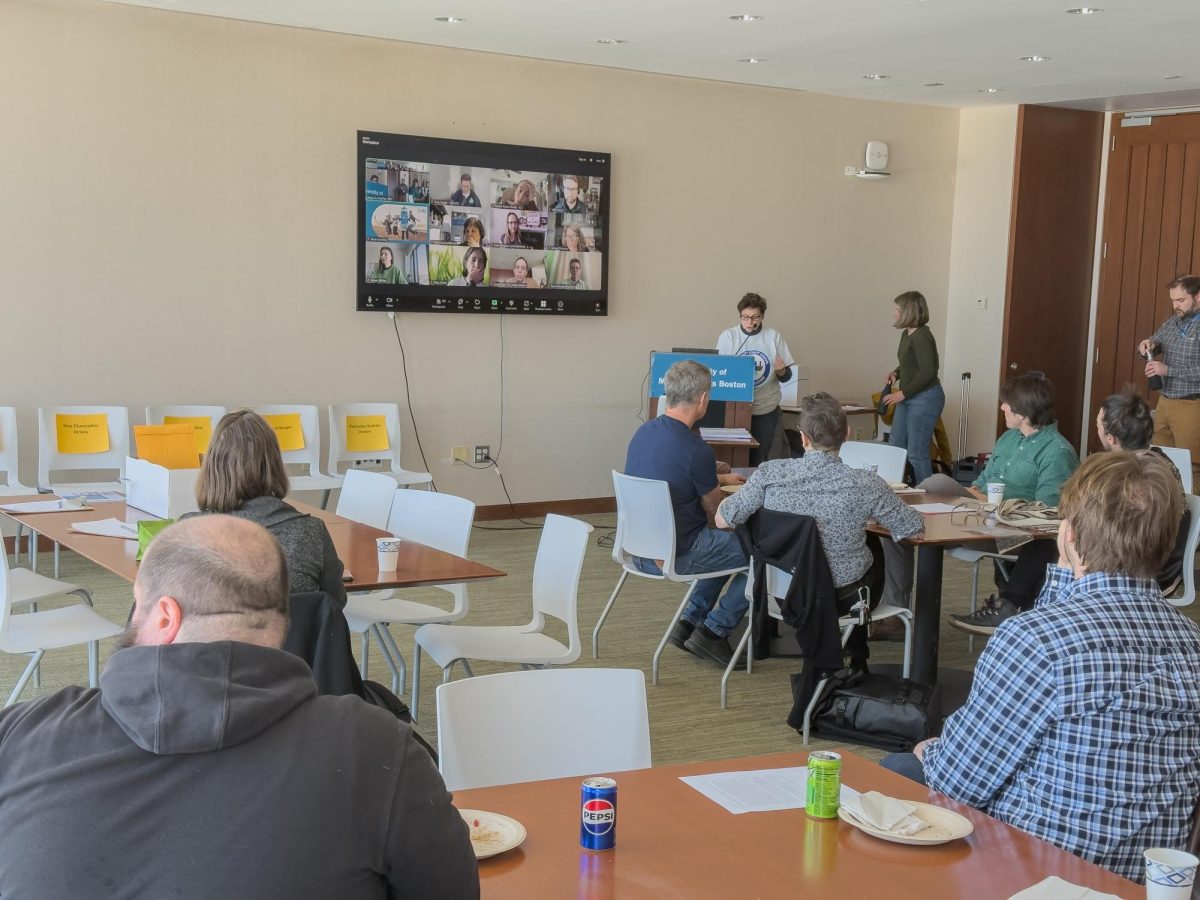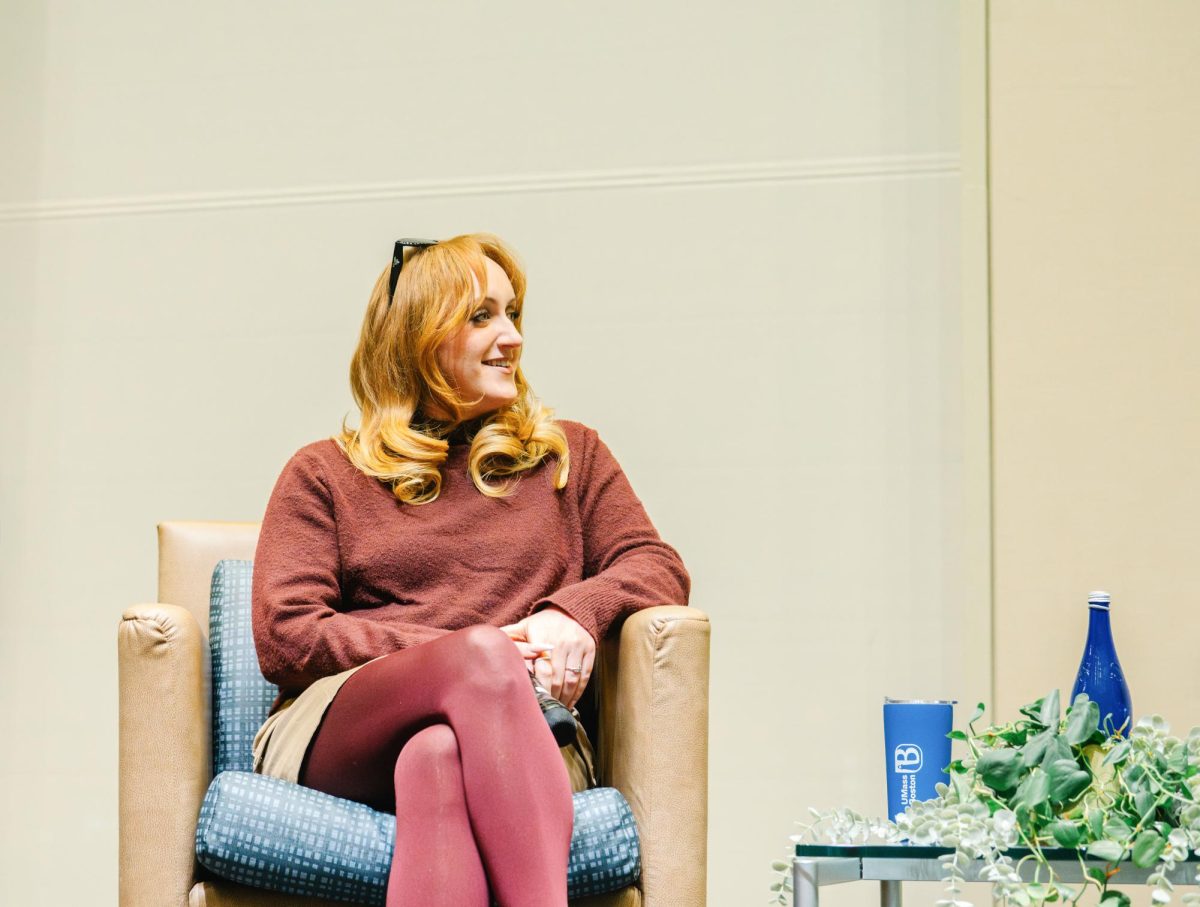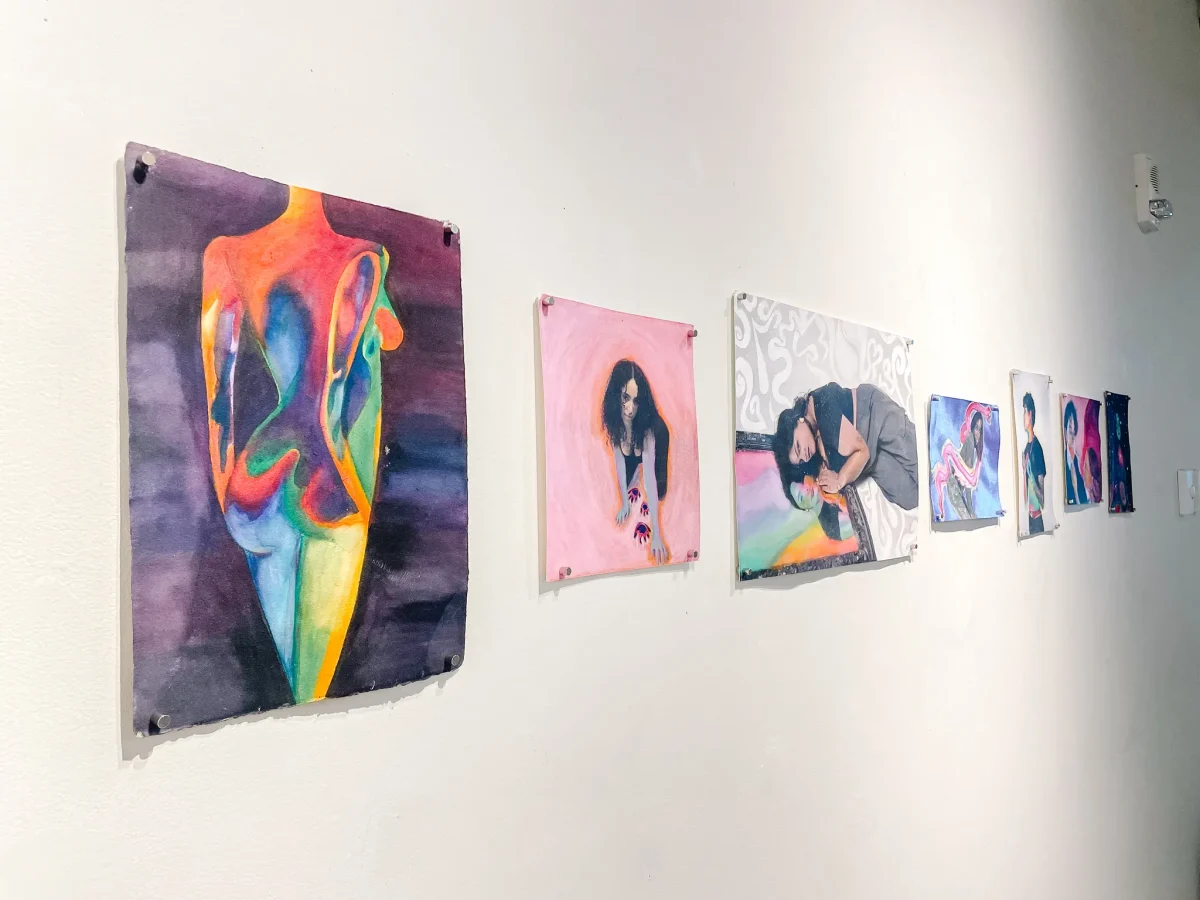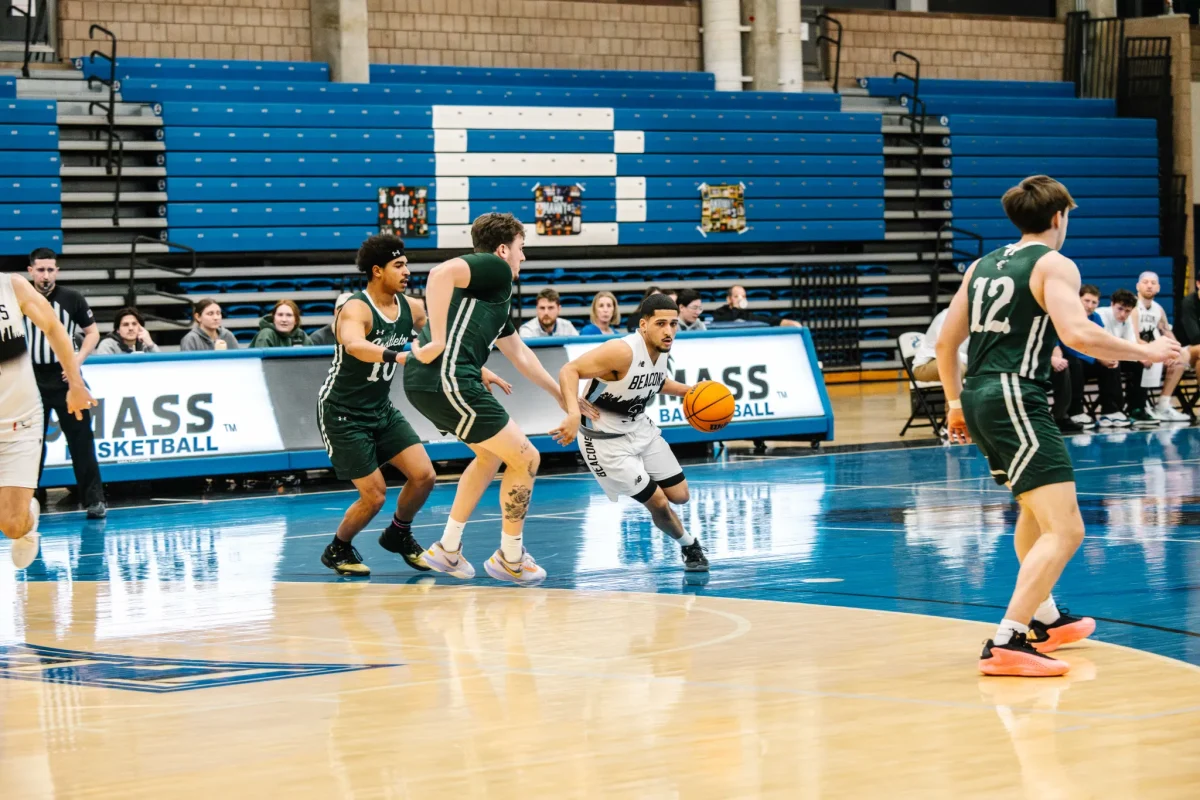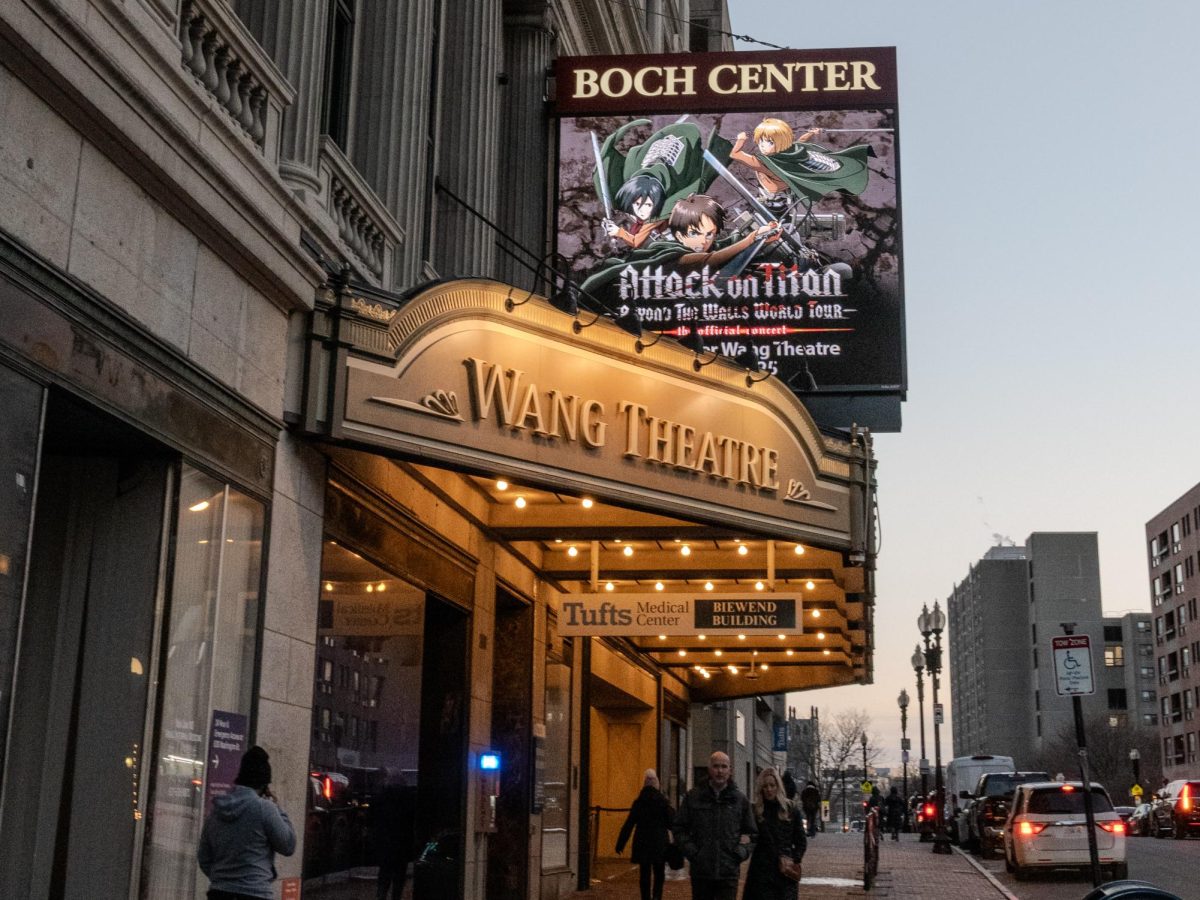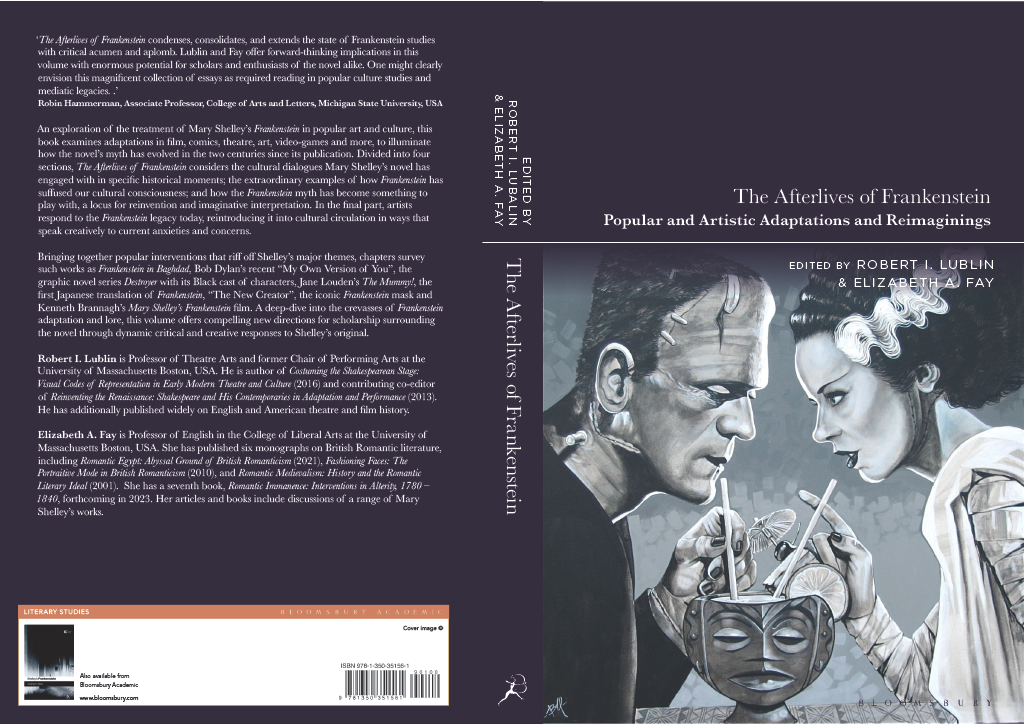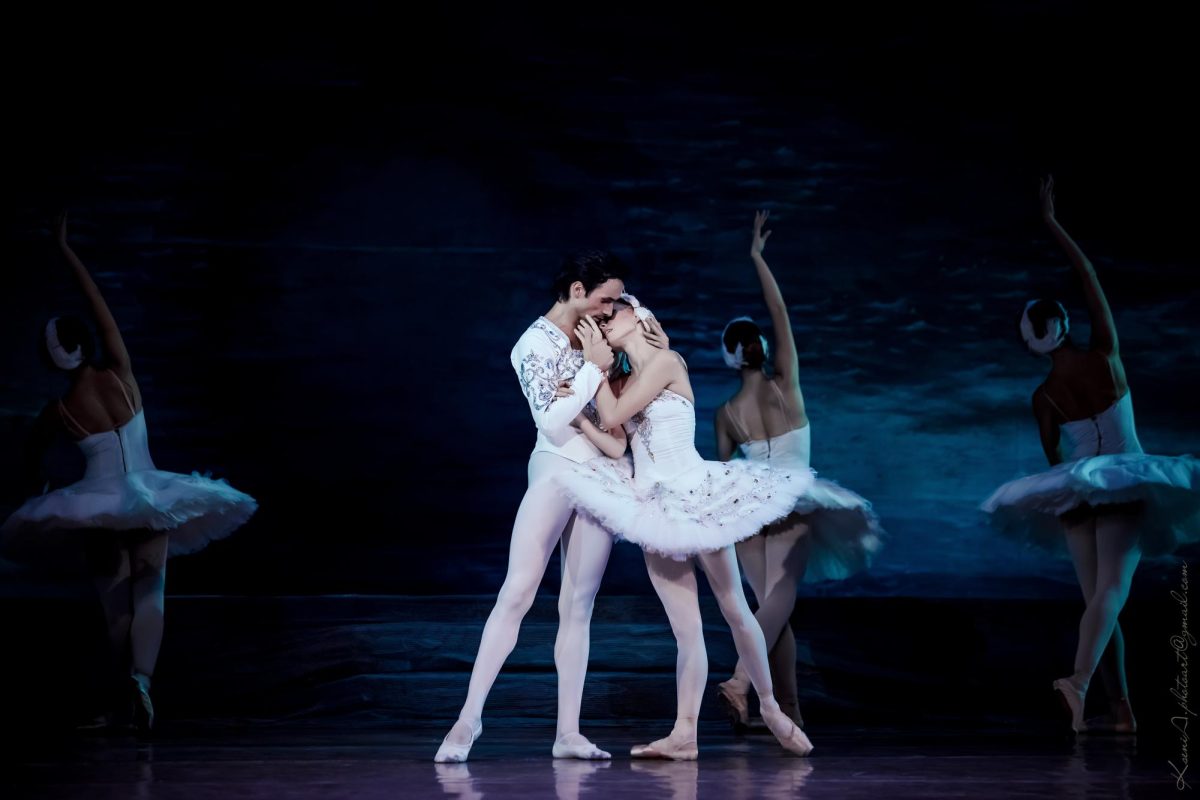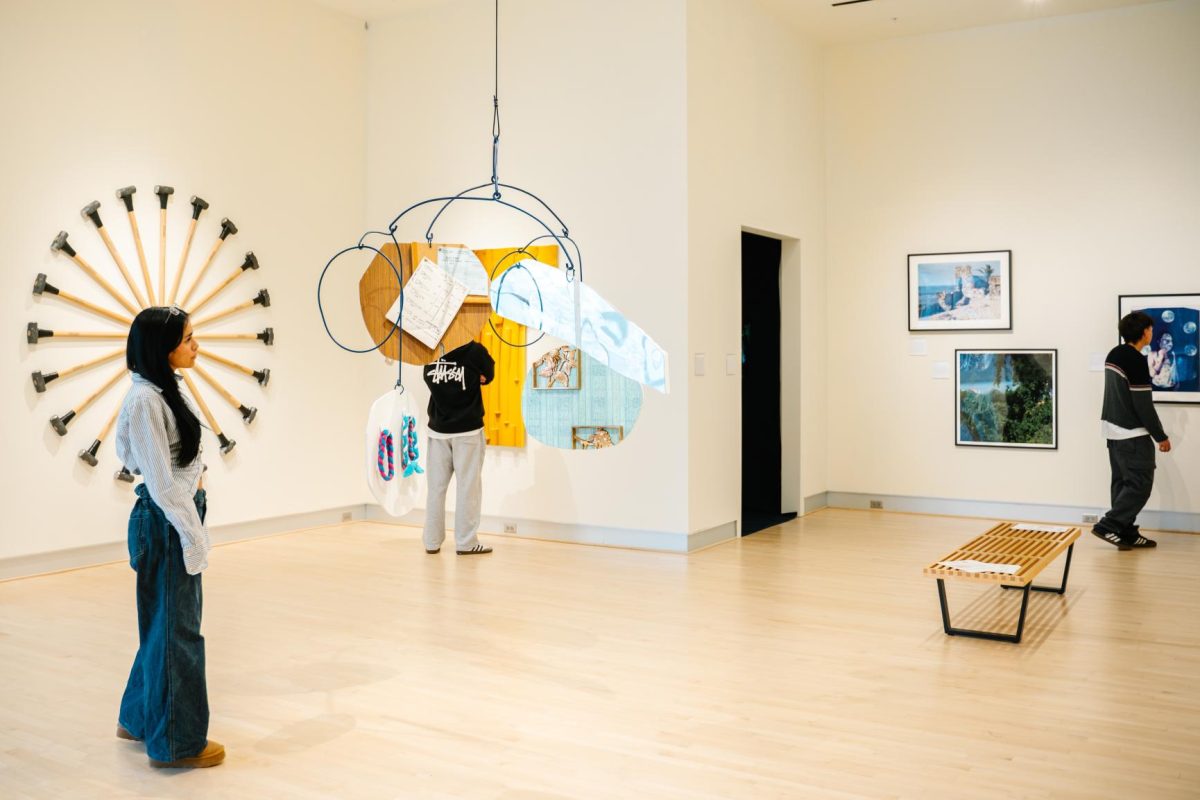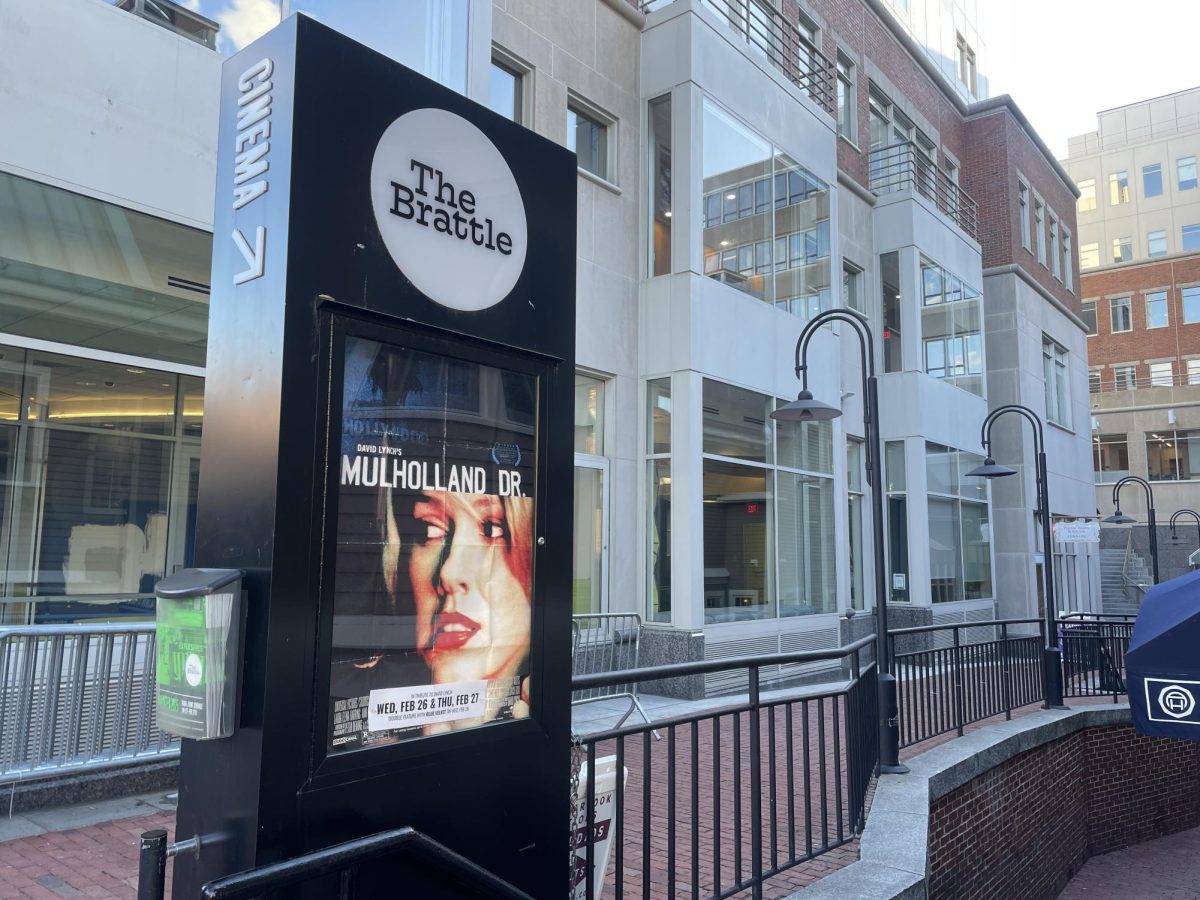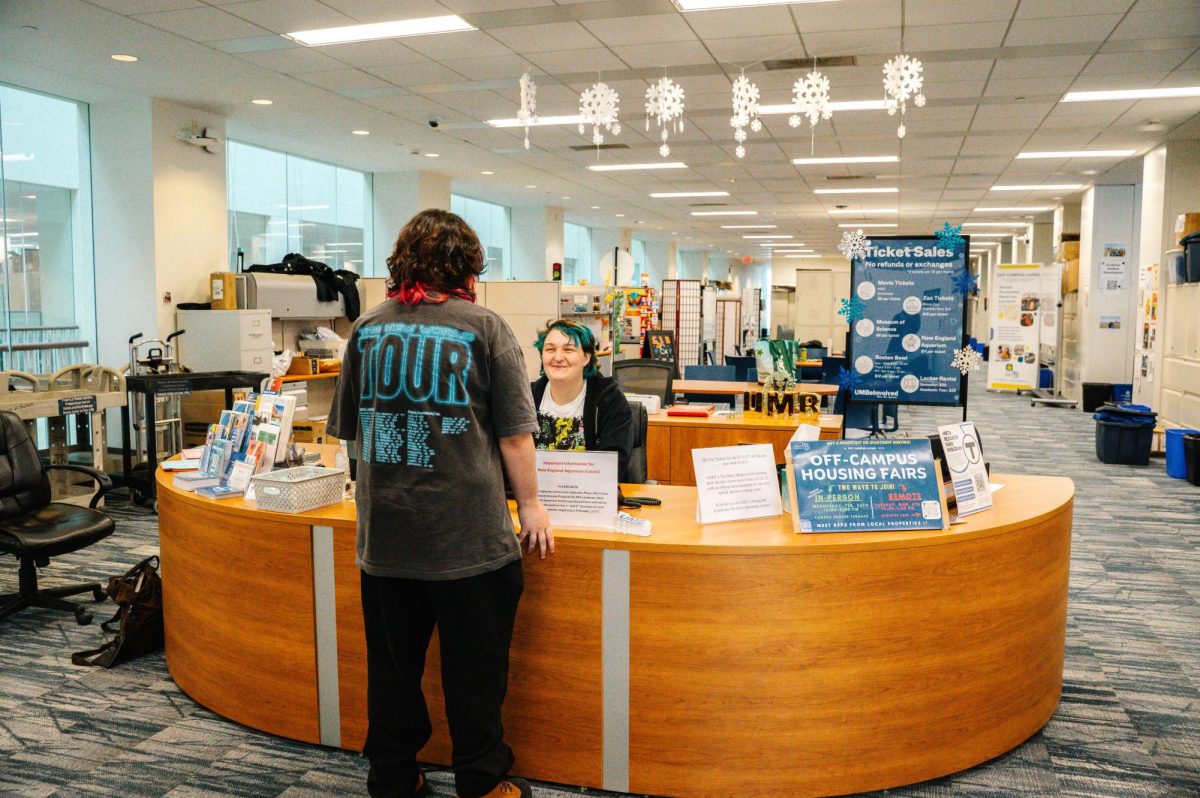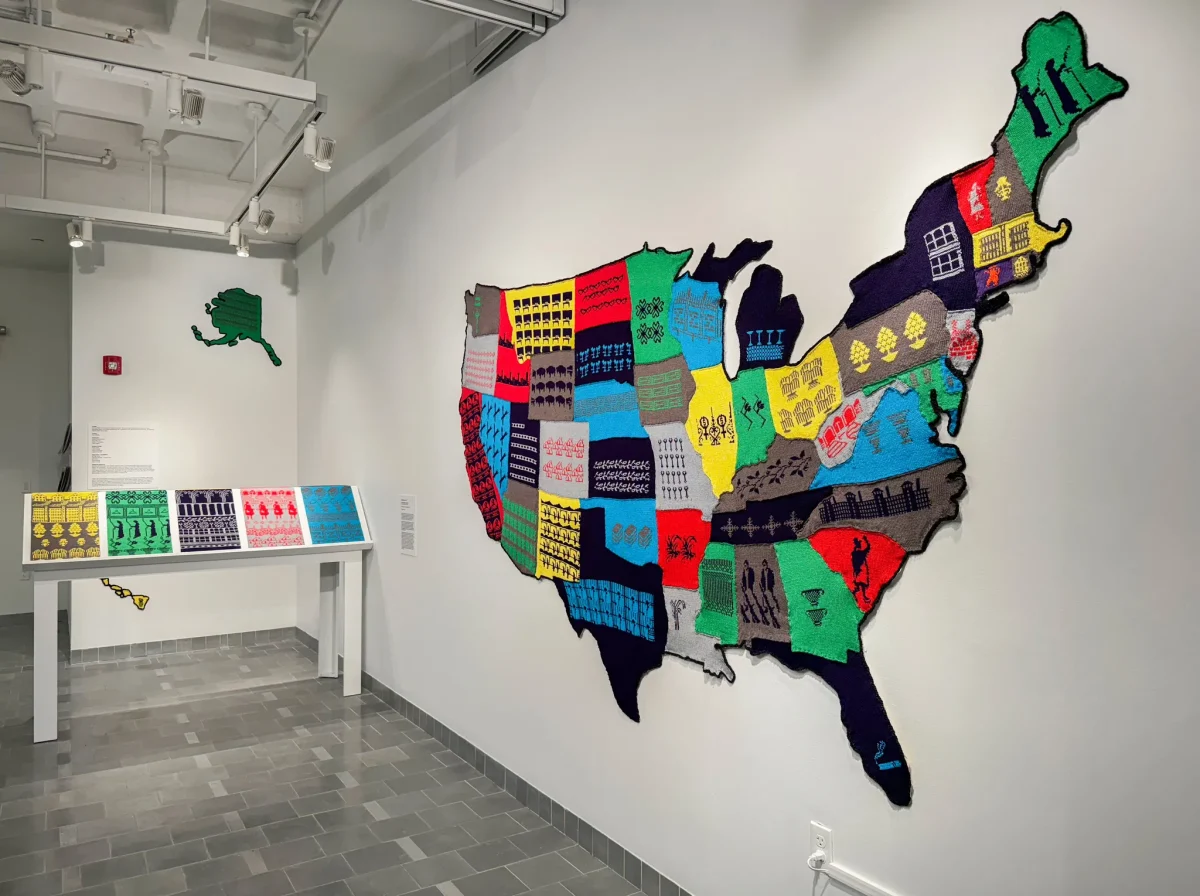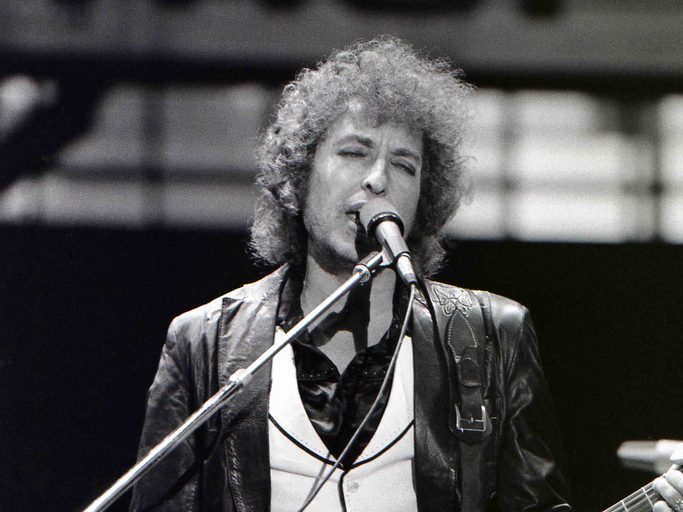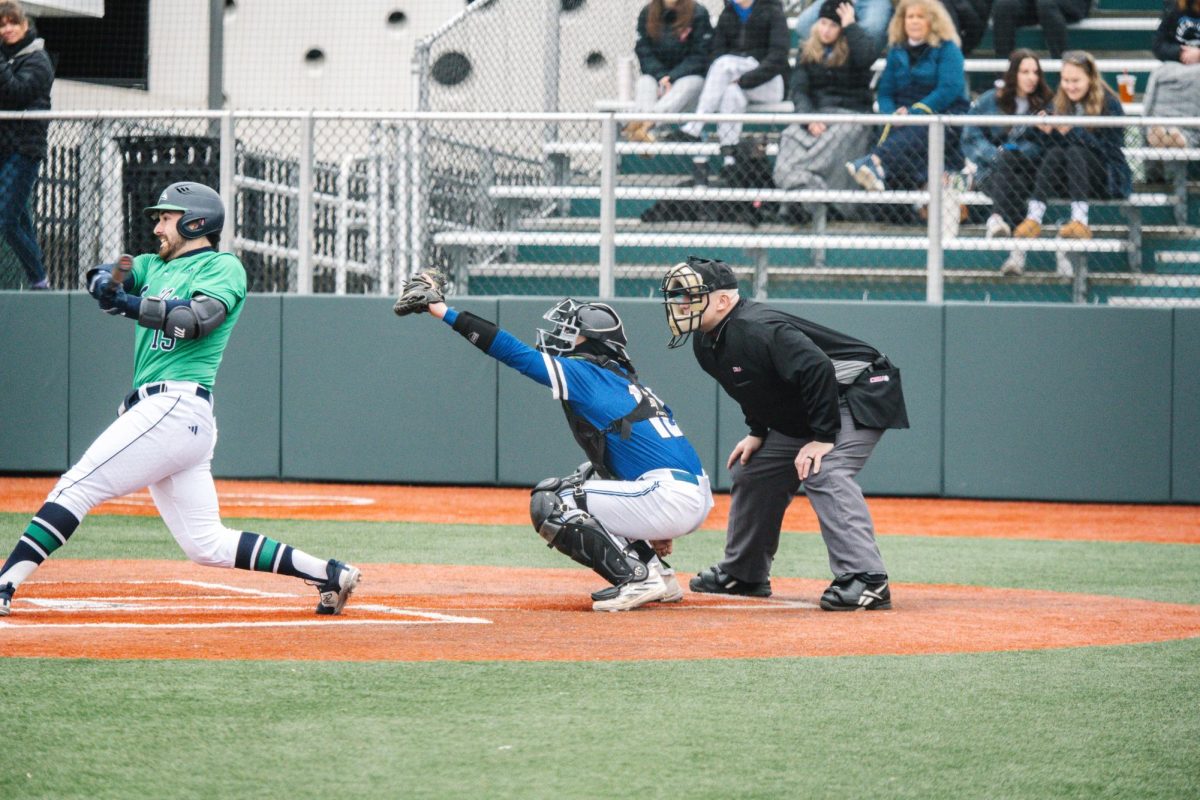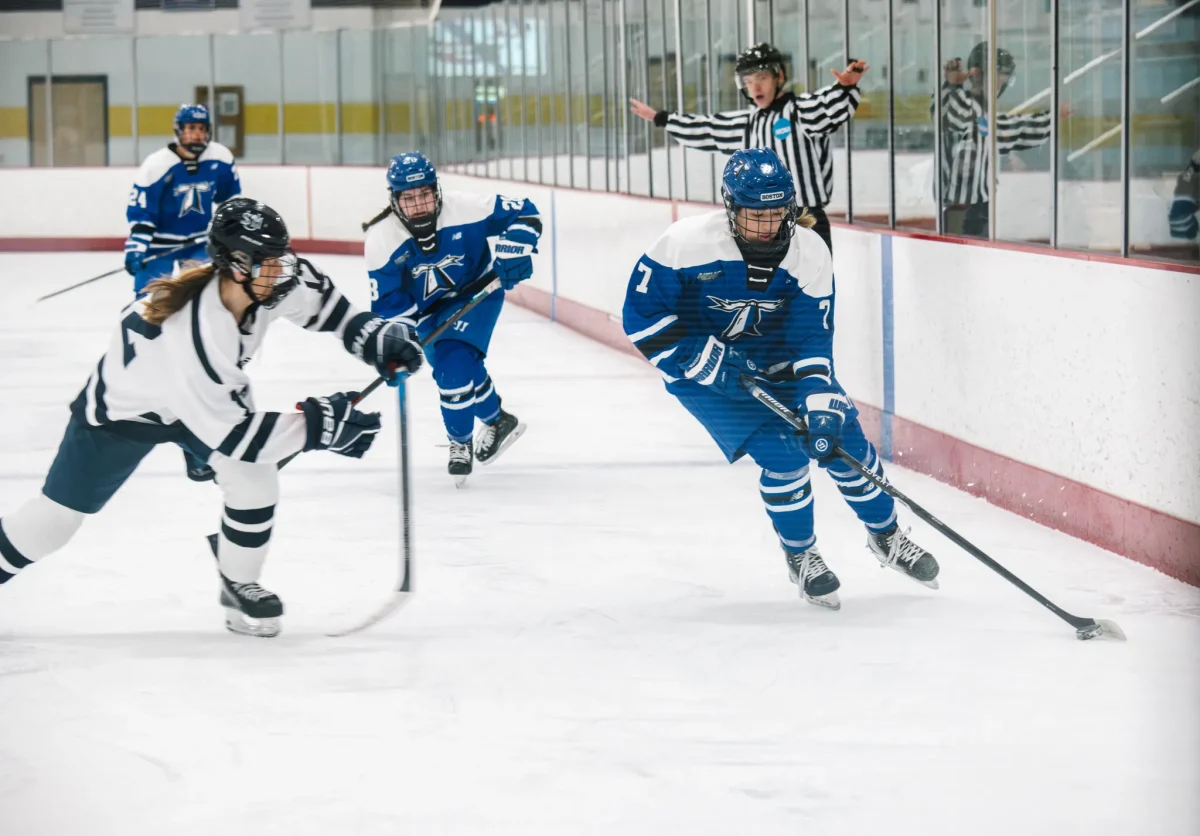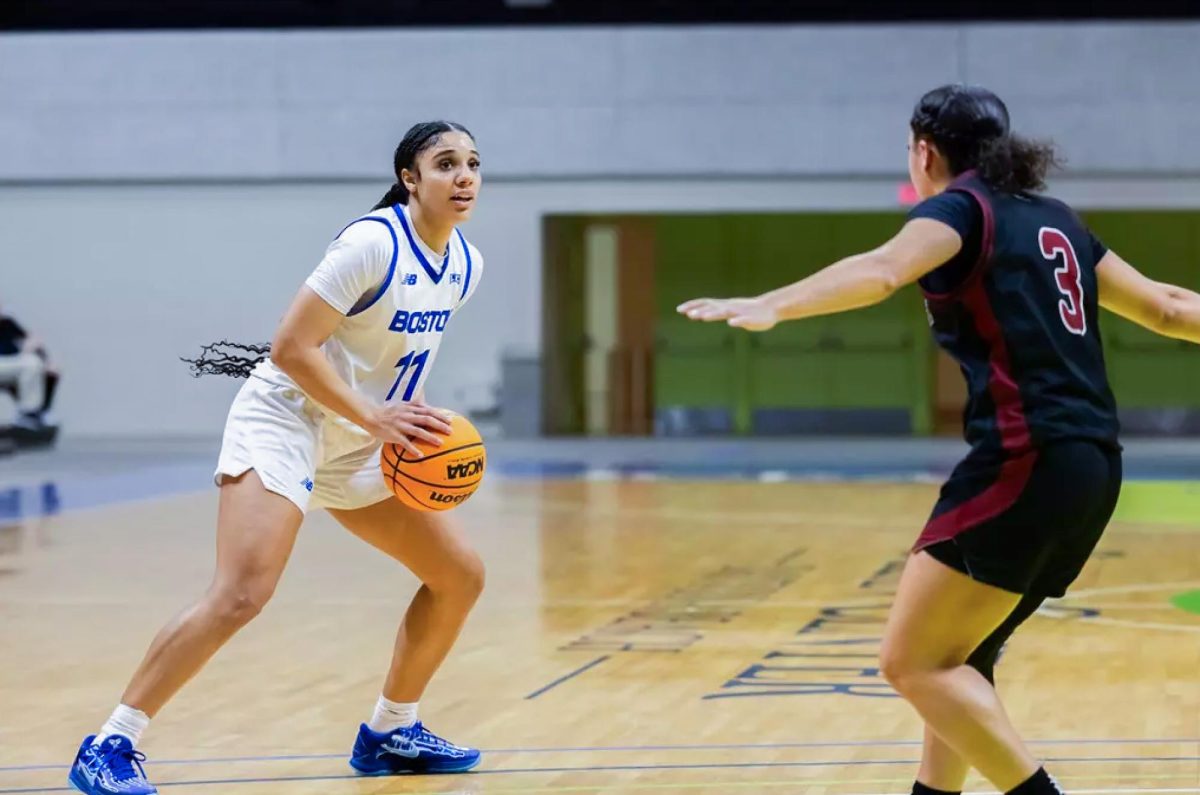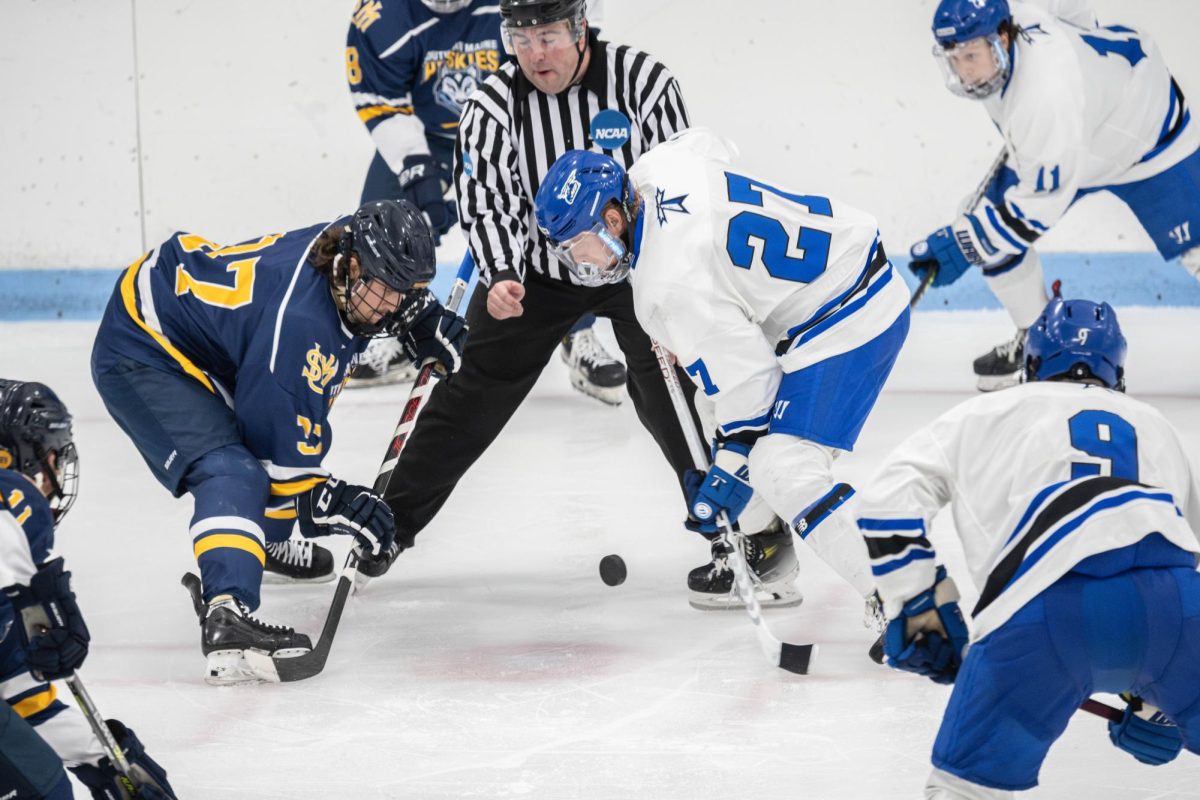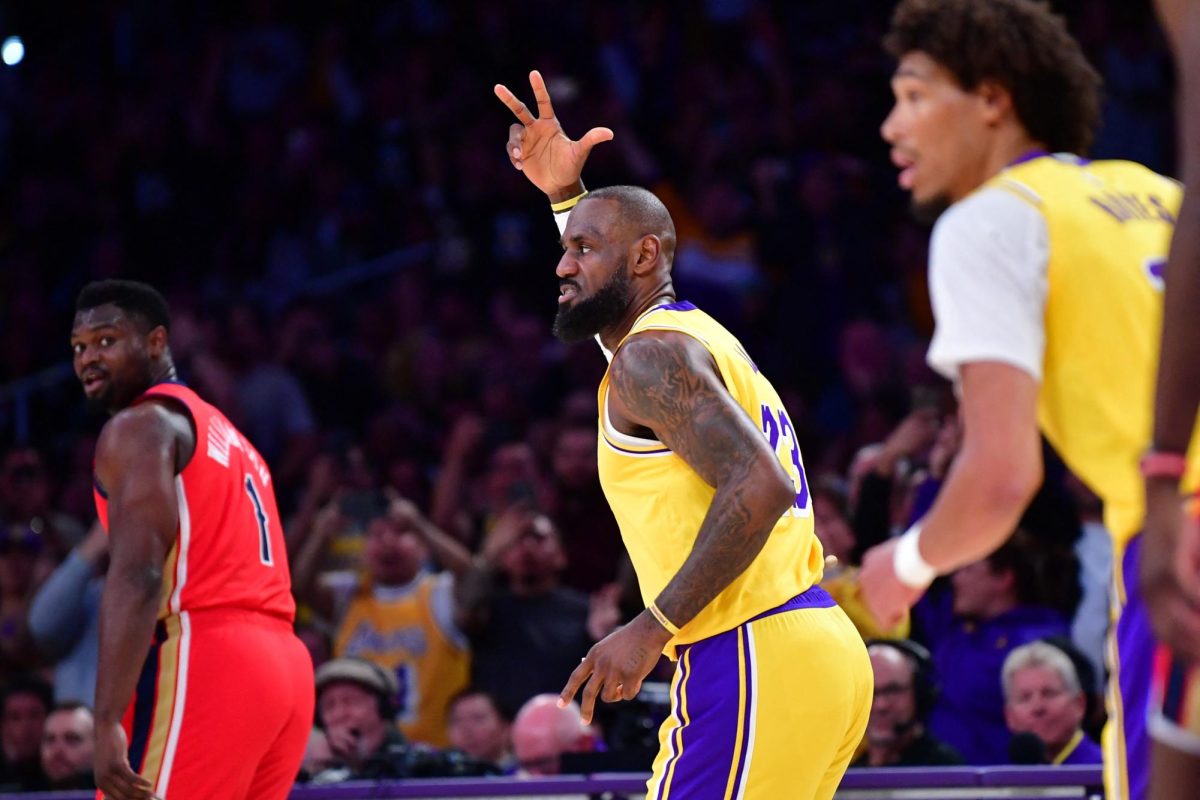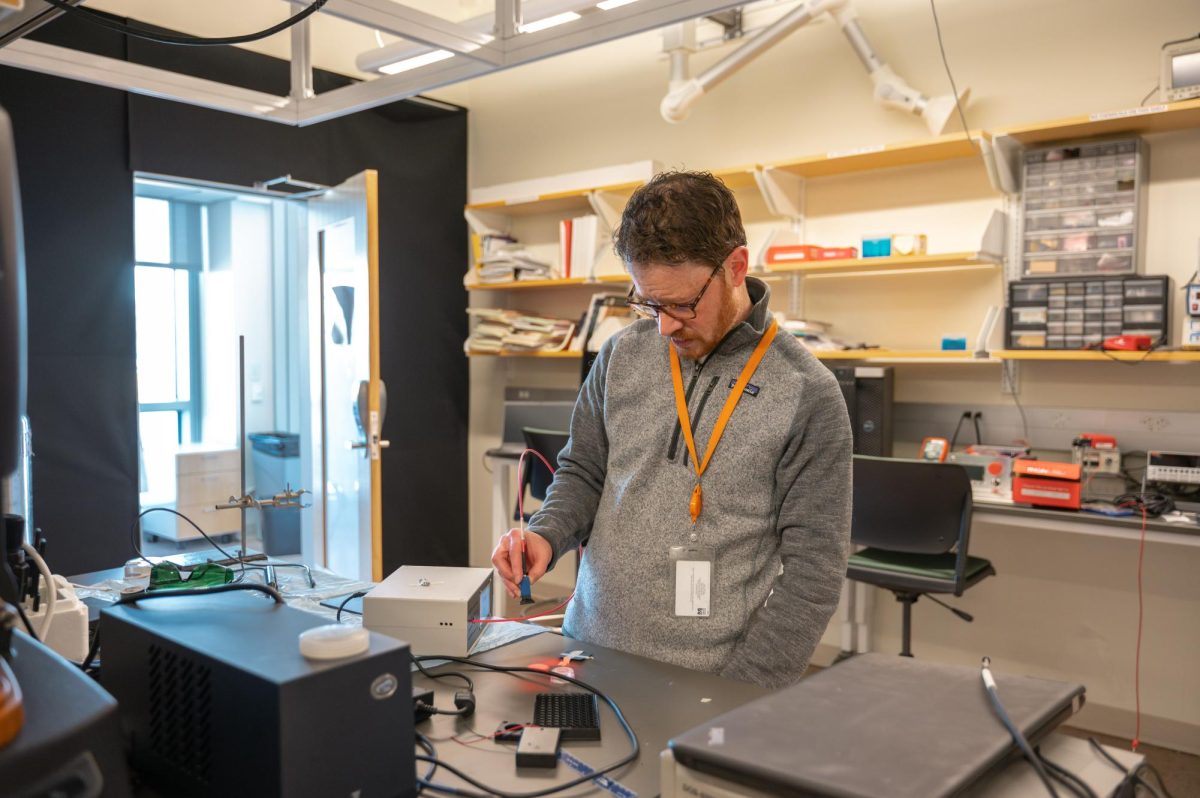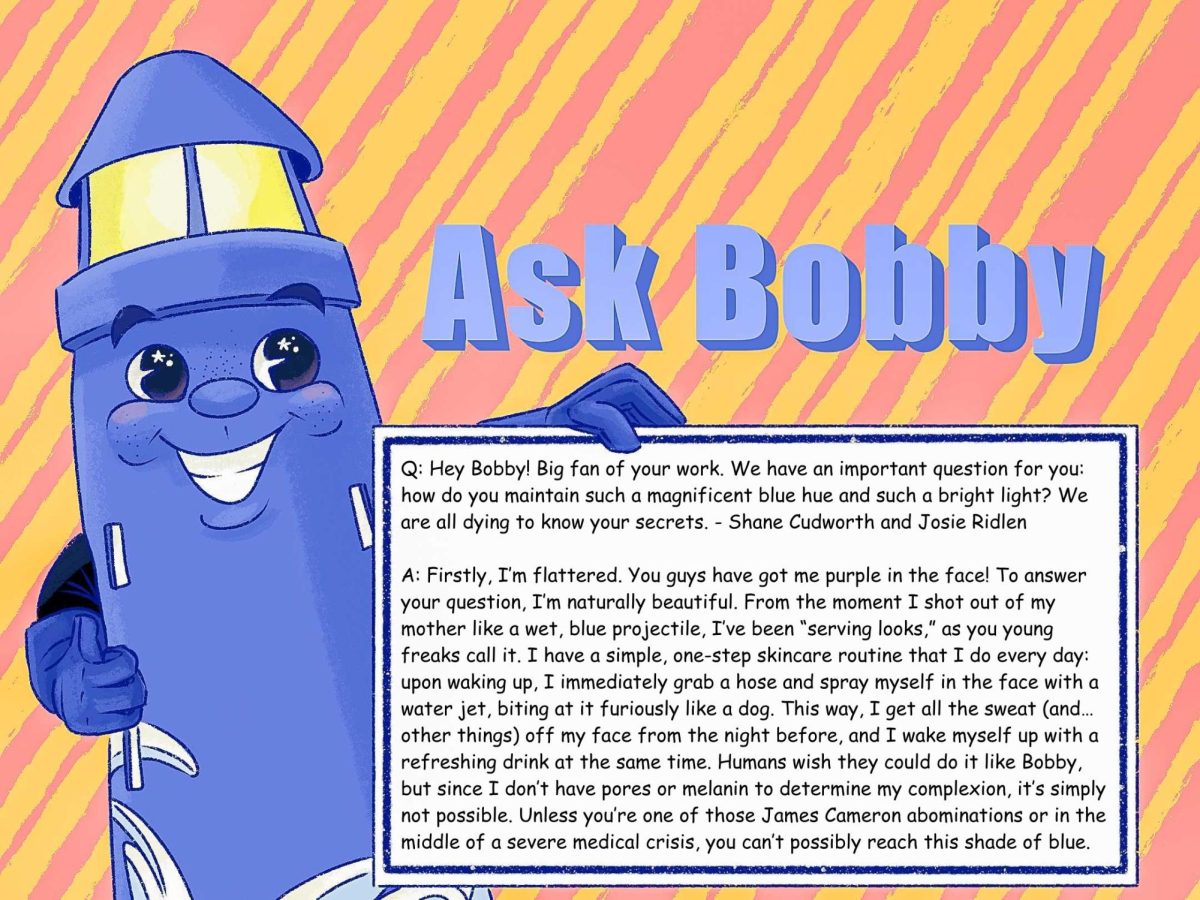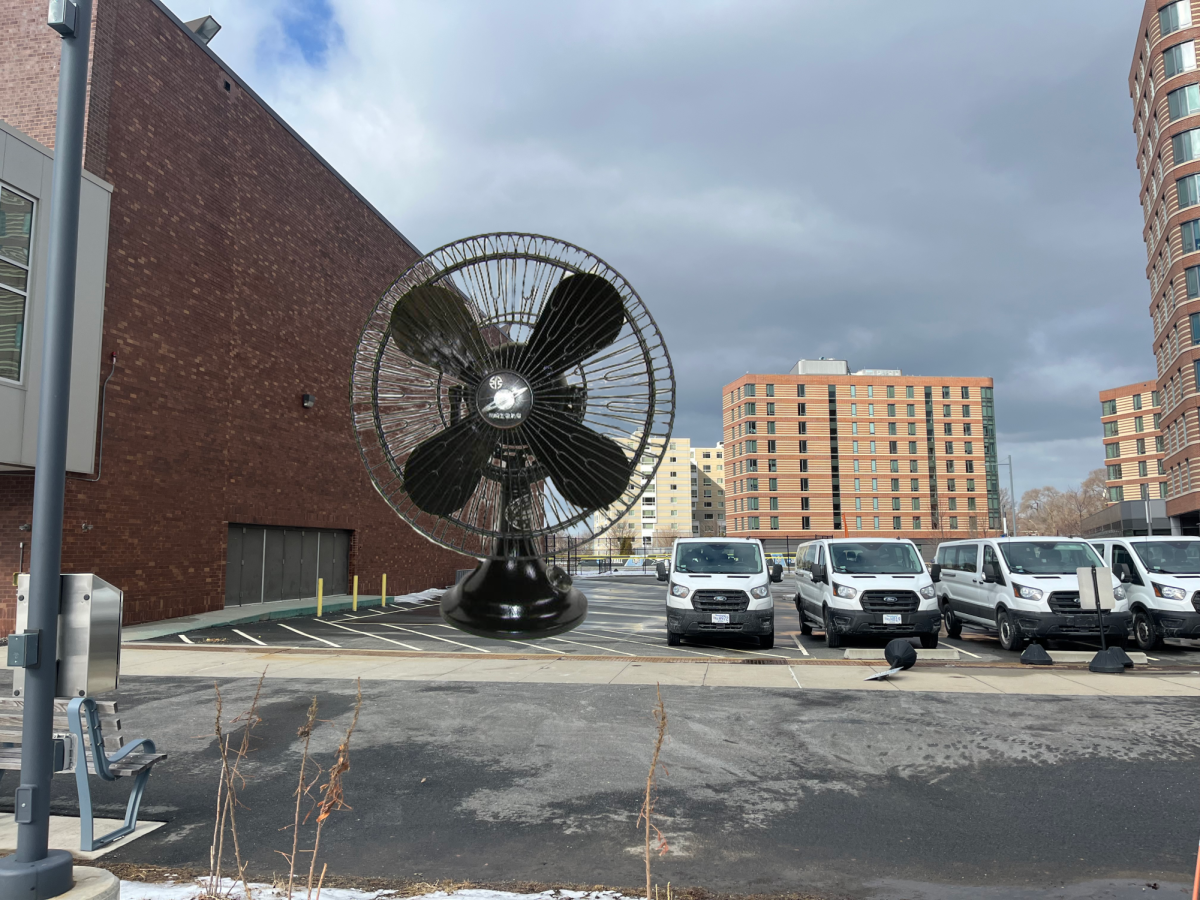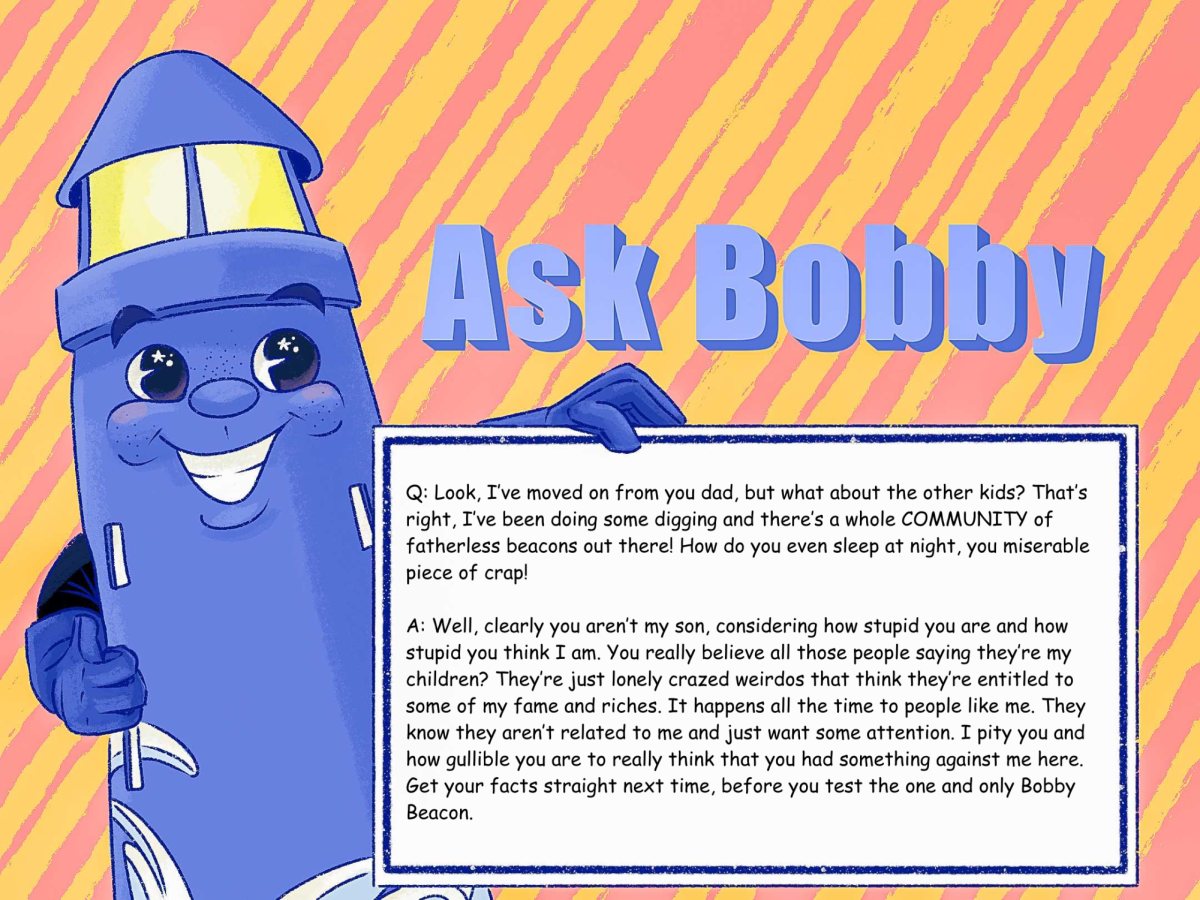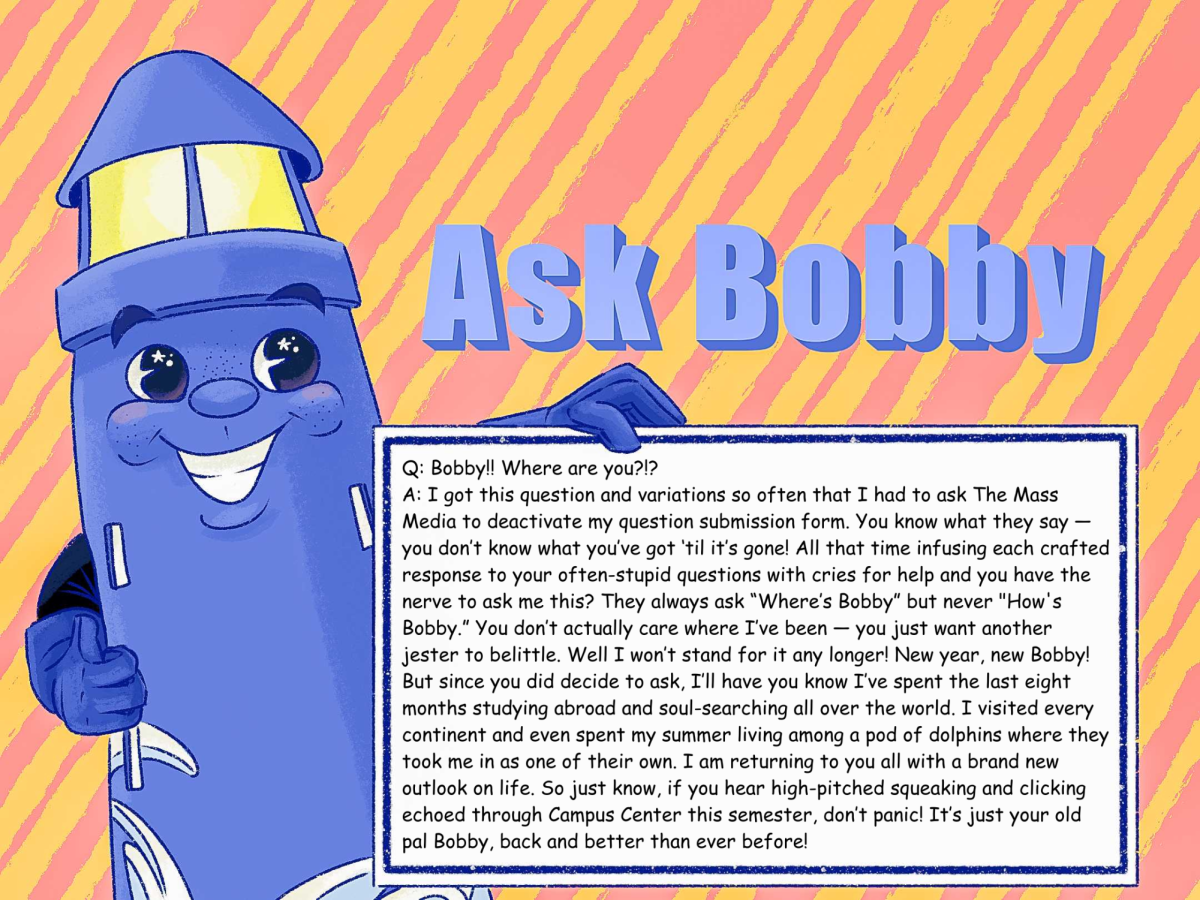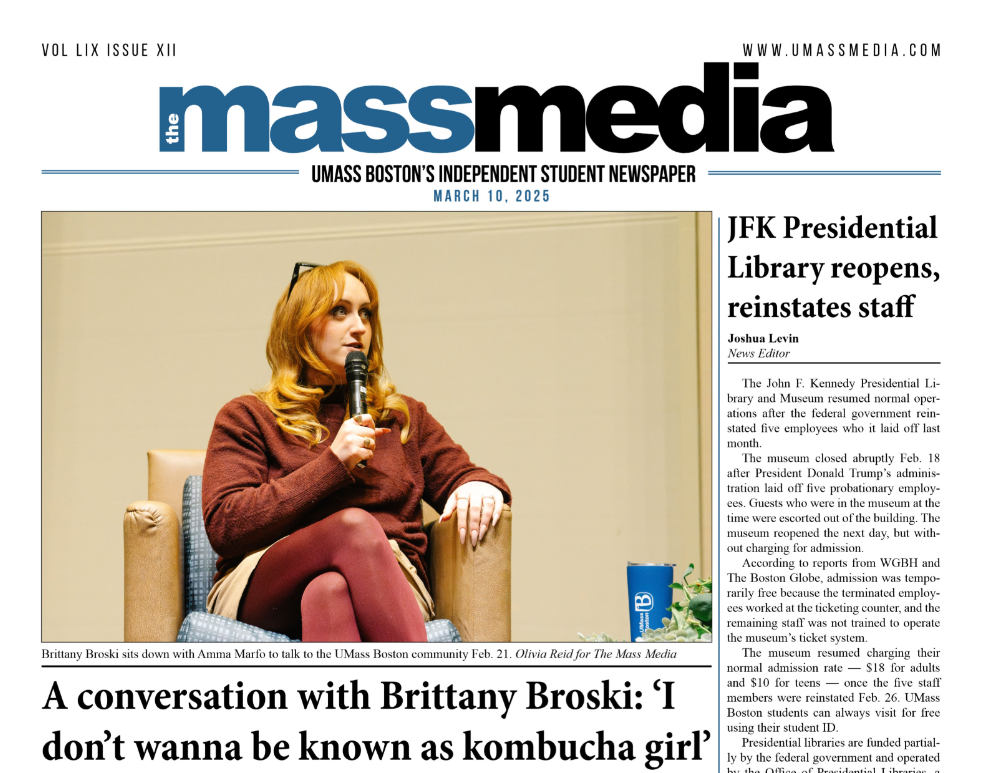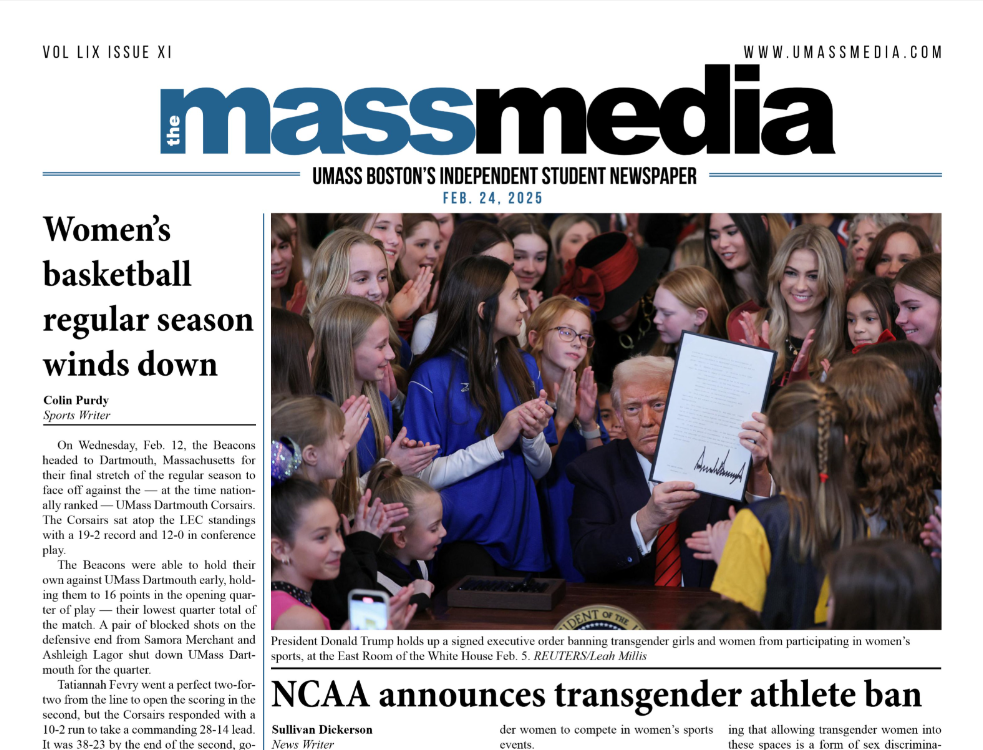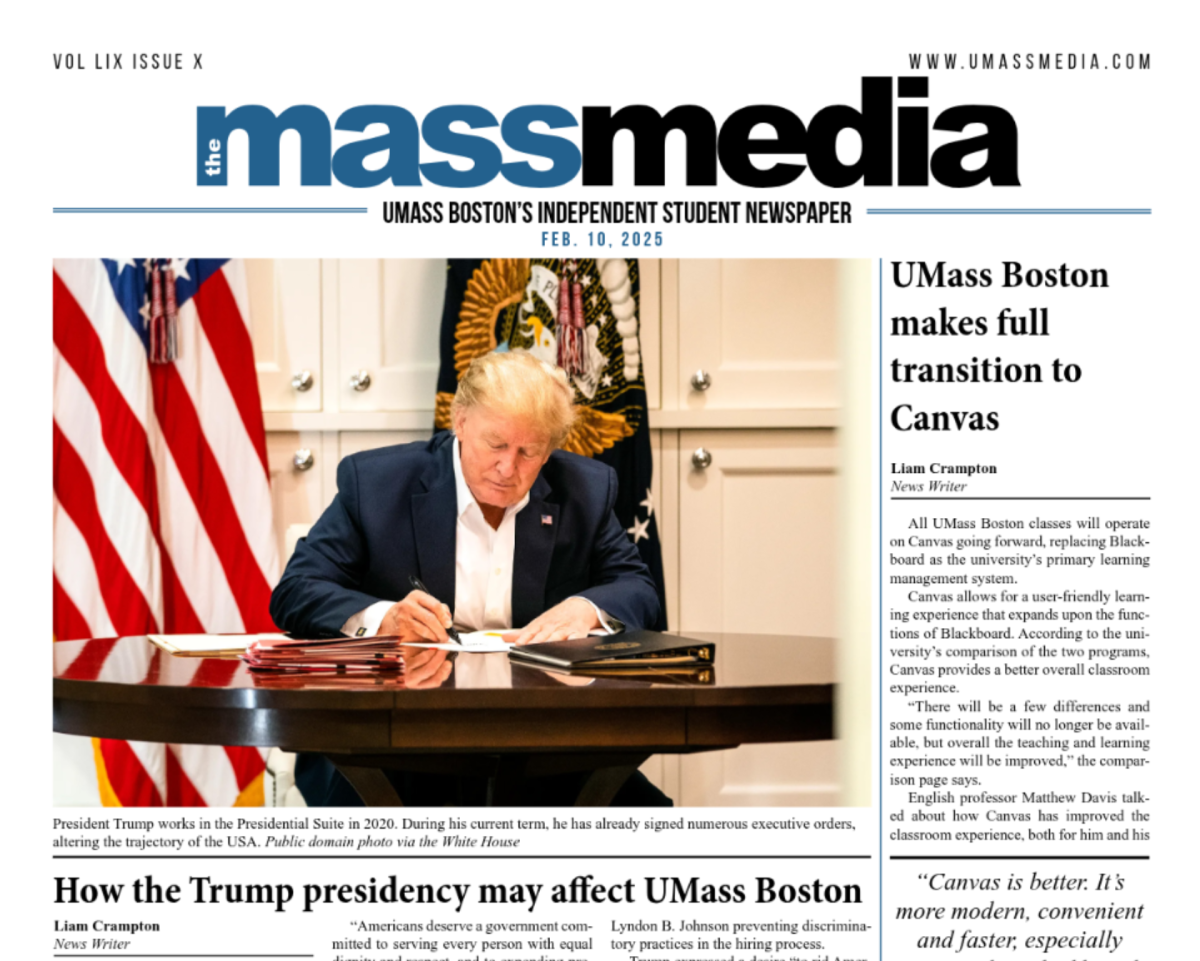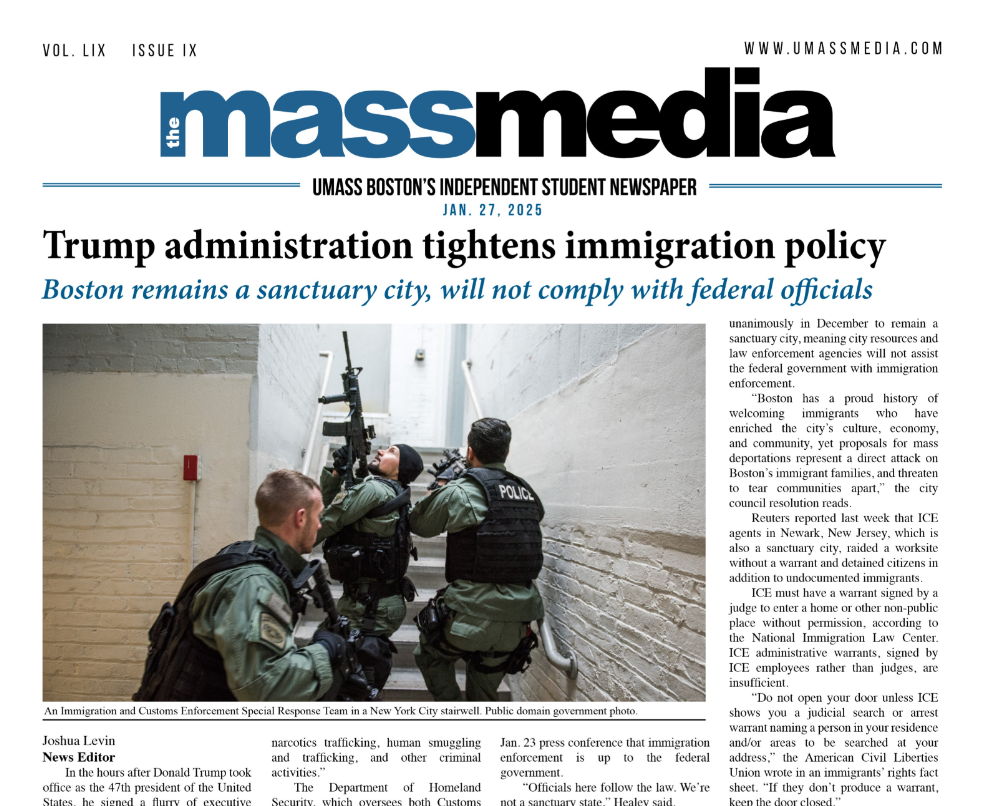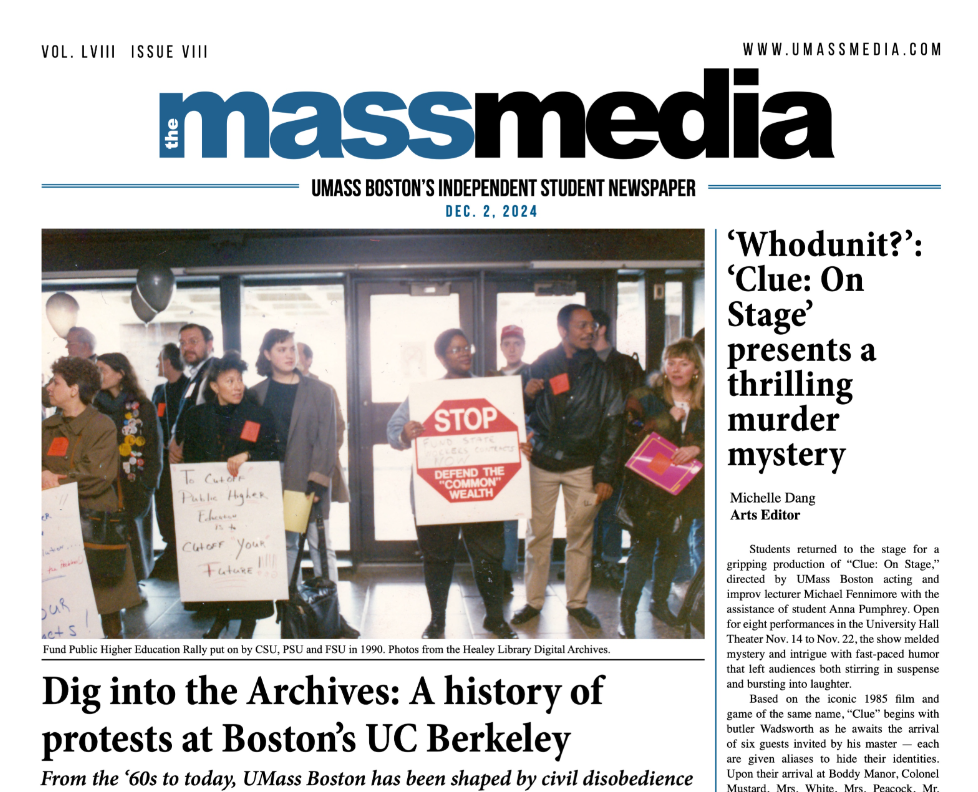A Monologue From Another Planet
February 20, 2003
Growing up as a tomboy, I never gave much thought to being a girl. For the first twelve years of my life, it never mattered. The only things that did were Star Trek (The Next Generation, of course), books, and science. Then puberty came. It hurt to run and seven to ten days out of the month I spent regretting my existence. That was the sum of my experiences as an atypical teenage female. Welcome to Venus.
I still know how to say “hello” in Klingon (Qapla’) and can differentiate between various types of rocks more adequately than I can do my hair. Makeup is an extra twenty minutes I can spend sleeping and pink is a color strictly reserved for baby girls who don’t know any better. I guess I wouldn’t make a very good cheerleader.
Yet, now that I’m older I know being female isn’t confined specifically to menstruation and appearance. It awes me to know that I’m capable of creating and carrying life. I know another individual is needed and some people view it as a glorified and inconvenient version of an incubator but it is still an incredible mystery. While I don’t entirely agree that strength of intuition is gender-specific, there will always be reasons why women understand some things better than men.
” The Vagina Monologues” is an amusing and dramatic way of looking at the female condition. Whether you’re dealing with the issue of rape, oppression, or traditional societal taboos surrounding the word “cunt,” it’s a good reminder as to why we are the way we are and just how difficult it can be to deal with.
Even as recently as the 1960s female anatomy was looked upon with distaste. In Francis K. Conley’s book, Walking Out On the Boys, she describes the basis of her education as the “perspective of the 70-kg man.” Women’s health was strictly confined to obstetrics and gynecology and impotence was a serious condition. As the first female tenured full professor of neurosurgery, Conley’s standpoint provides us with an accurate view of just how forbidden vaginas were.
Unmentionable, unspeakable, and hopefully forgettable, The Vagina Monologues aim for the opposite in their performance. And it is effective. I have had the pleasure of seeing the show twice and twice I have come away a little more thoughtful on what it means to be a woman. It’s not to say that I feel oppressed and embittered; quite the opposite, I enjoy being a female. The “Monologues” are almost like a plethora of insider jokes and views that may be acutely understood and felt by members of the tribe while, unfortunately, outsiders are left scratching their heads.
I doubt the “battle of the sexes” will end anytime soon. Sometimes, I wonder there even is a fight. Most of the misunderstandings we are ensconced in are not the fault of the man or the woman and sweeping generalizations aren’t the key to the formula. That doesn’t mean that one should disregard those anatomical and emotional distinctions, they are what makes the interaction between male and female eternally interesting and enlightening. It boils down to this: we’re all different in some way. This is not just true for gender but race, creed, Vulcan, hobbit, etc.
At the risk of sounding like a Hallmark card and vastly oversimplifying global conflicts, the root of most of the problems with humanity is non-acceptance. Rather than expect conformity to the standards of others, we should revel in our differences. That’s one of the main reasons I enjoy “The Vagina Monologues”; it doesn’t seek to change one into a ball-busting feminist or shove the plight of the female population in your face. It recognizes the pleasure, pain, and pride that can be taken in being a woman and being different.
I started out with the intention of writing an article on taking a glance at “The Vagina Monologues” from a woman’s perspective and ended up with an examination of human nature. It seems more appropriate in light of all that is going on with our world today. I guess I’ll have to settle with hoping that the reader of this article comes away from this a bit more introspective, like I did when I walked out of that theatre.
Live long and prosper.

